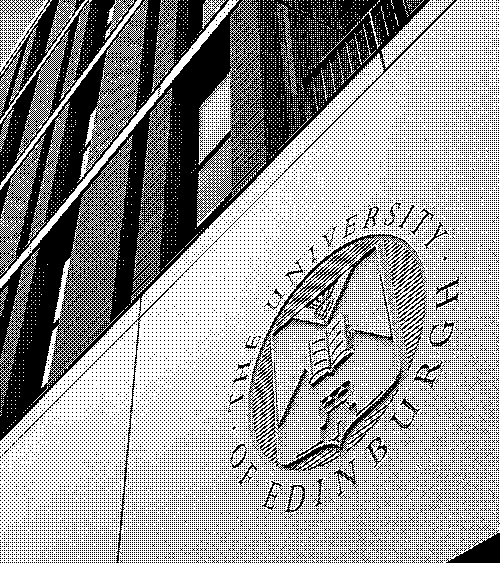Our North Star
To limit warming to 1.5°C in alignment with the Paris Agreement, we have just under five years to act. This doctoral research project aims to address the barriers to implementation, making sustainable web practices more accessible, appealing, and actionable—not only for developers but also for organisations seeking to embed sustainability as a core value. Our goal is to drive change that is both impactful and desirable across the web.

A Killer Website Shouldn't Kill the Planet
At Overbrowsing, our thesis is simple: we've reduced the internet's environmental impact to an abstraction—“the cloud.” With the rise of faster networks and devices, we shifted our focus from optimising data to maximising traffic, favouring engagement over efficiency and accessibility. In doing so, we've strayed from Tim Berners-Lee's Information Management: A Proposal.
HTML, originally created by Tim Berners-Lee while working at CERN, began with just 18 tags, prioritising lightweight, accessible design for network speeds and hardware of the time. Today, HTML has expanded to 142 tags, and the “webmaster” role has splintered into specialised fields. Technological advancements have removed previous constraints on network and device speeds, increasing accessibility to the internet. However, rather than fostering efficiency, these advancements have led to unchecked growth, in line with Jevons Paradox, where increased resource efficiency and availability leads to higher consumption.
The internet, now the world's largest machine, accounts for 3.7% of global carbon emissions, responsible for more emissions than any country except China, India, and the United States. In 2024, average page sizes reached 8MB on desktop and 7.2MB on mobile, an F Website Carbon rating (over 0.847g CO₂e), far exceeding the recommended page size of under 500KB. Not only does this impact the environment, but it also hinders accessibility for 47% of the world's poorest 40% who rely on mobile internet with slower networks. Resource-heavy websites not only exacerbate environmental damage but also deepen digital inequities, limiting progress on Sustainable Development Goals.
In response to the growing environmental and social impacts of the internet, the Sustainable Web Design (SWD) movement has emerged, advocating for practices such as page weight budgets, and adherence to the newly proposed W3C Sustainable Web Community Group Web Sustainability Guidelines (WSG). Beyond being an ethical imperative, Sustainable Web Design also delivers tangible benefits for user experience and commerce.
Our Strategic Approach
Our strategic approach is built on three key pillars: Research, Advisory, and Solutions. These pillars guide our mission to foster sustainable web practices.
Research
We research the environmental impact of the web, identifying ways to reduce energy consumption and waste. Our findings guide more sustainable digital practices and help shape a greener future for the web.
Advisory
Our advisory services help organisations adopt sustainable web practices. We provide tailored strategies to reduce website footprints and optimise digital operations.
Solutions
We provide practical tools and solutions to support the implementation of sustainable web design practices, helping developers and organisations reduce the environmental impact of their websites.

About the Initiative
Overbrowsing is an applied research group focused on advancing sustainable web practices. Established as part of doctoral research at The University of Edinburgh's Institute for Design Informatics.
Supervisory Team
- Prof Melissa Terras MBE FREng, Professor of Digital Cultural Heritage
- Prof John Lee, Professor of Digital Media and Programme Director, Institute of Design Informatics
Enquiries
If you have any enquiries, feedback, contributions to the library, or would like to get in touch, please don't hesitate to contact us. We look forward to hearing from you.
Get in touch